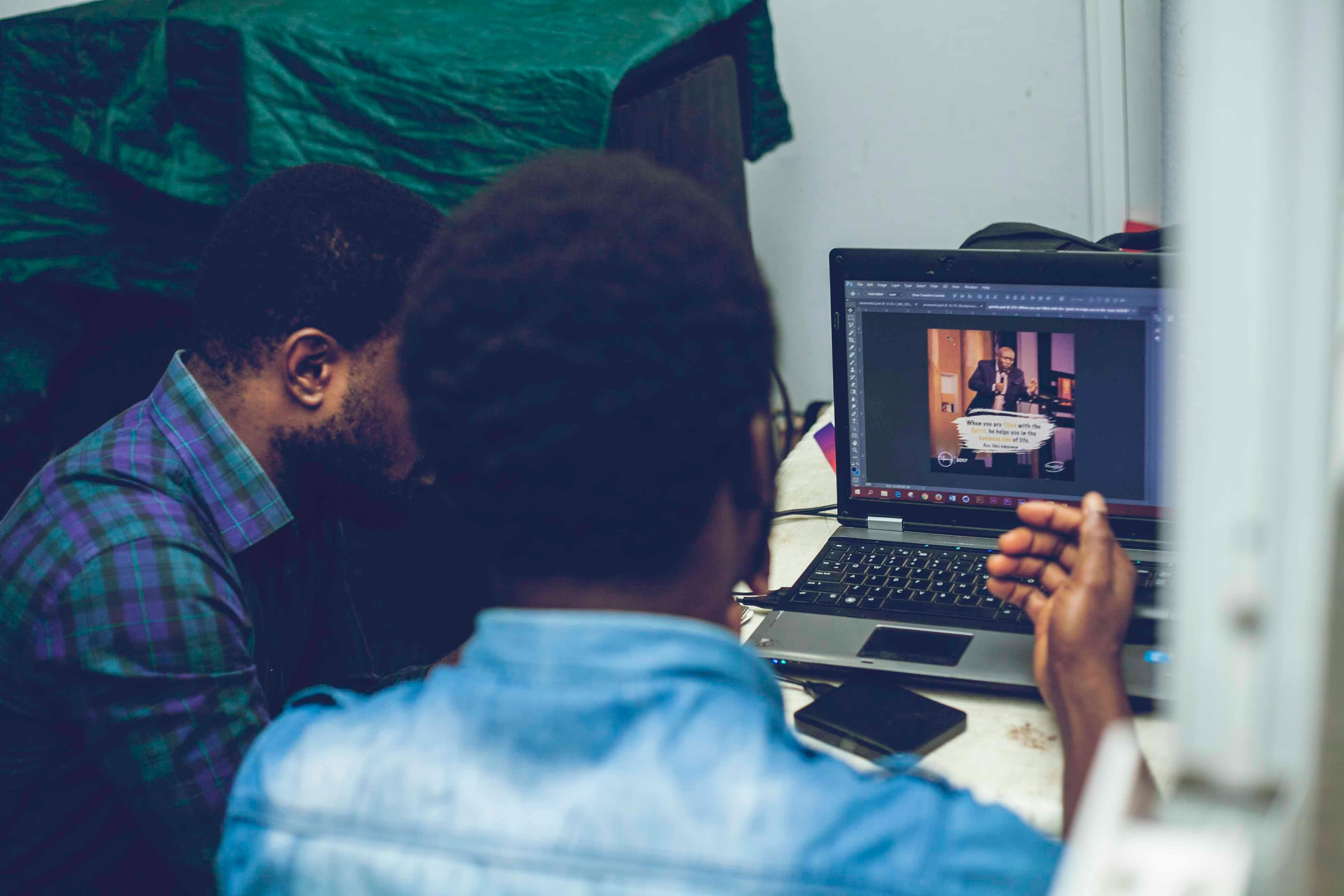Having explored techniques such as delineation. writing character biographies and repeatedly writing Chapter 1 while writing a novel, I failed miserably at each. After years of trying, I have by no means given up. From my research. I’ve learned a technique that I’m using that I call “Seeing a novel before it happens.”
It is true! Can be done! And as a reader of novels, you’ve probably done it many times. When you pick up a novel, you read an attractive summary of it on its dust jacket. Maybe the novel is about a character who is basically a loser. His attempts to make money fail until a woman calling herself “Lady Luck” approaches him at a bar and asks him to buy her a drink. And he reluctantly agrees, hearing about her from her friends and betting that his own luck will probably change for the worse! At first, things seem to be looking up when he is introduced to Lady’s manager and mentor, who promises great things will happen, if he is willing to make another “investment”. That investment is in Lady Luck’s potential as an artist. The more gigs she gets, the more money they all make. And so.
Does our hero make that investment or not? Suppose the lady changes her mind and leaves with her manager. The hero’s luck has run out and he’s back to being a loser.
more details about the main characters, what they look like and what motivates them. Why did they choose our hero? What kind of guy is he? Do you have a stronger reason not to be a perpetual loser? What happens to him in chapter 1?
To get a better idea of what happens next. know your hero inside out. Is he aggressive or; An introvert? What things bother you? What keeps him up at night and why?; What are his hobbies, his fantasies? What does he want now and why?; What stops him from getting what he wants? An idea?;; Himself?; A friend turned enemy?
Make a list of your answers to the previous questions.; Pay attention to the end. Make your hero choose an option and act accordingly. Is it successful and why or why not?
By the end, you’ll have a general outline of your story that includes your hero and his life-changing problem. What if he gets fired from his office job because of his tendency to fall asleep at his desk too often?; On top of that, he has bills piling up and desperately applies for jobs at local shops and department stores, and fails, until one day, he comes across a clerk who dresses a mannequin and jokingly suggests it would be better than a mannequin. manikin.; So the employee offers you a challenge and you accept the challenge. The pay isn’t great, but it’s better than nothing.; What happens at the end with the hero turned mannequin?
Basically, the novels are usually about someone who is in trouble. His life may have been going smoothly until this big disruption happened and things are no longer normal. Why? When? Where? These are questions that will have to be answered as you write and think. Putting yourself in your hero’s shoes could help you answer some of those questions. In the meantime, don’t be afraid to take a chance. Play with the possibilities and see where they take you. Have fun and keep[pluggingin[pluggingahead[conectándote[pluggingahead



